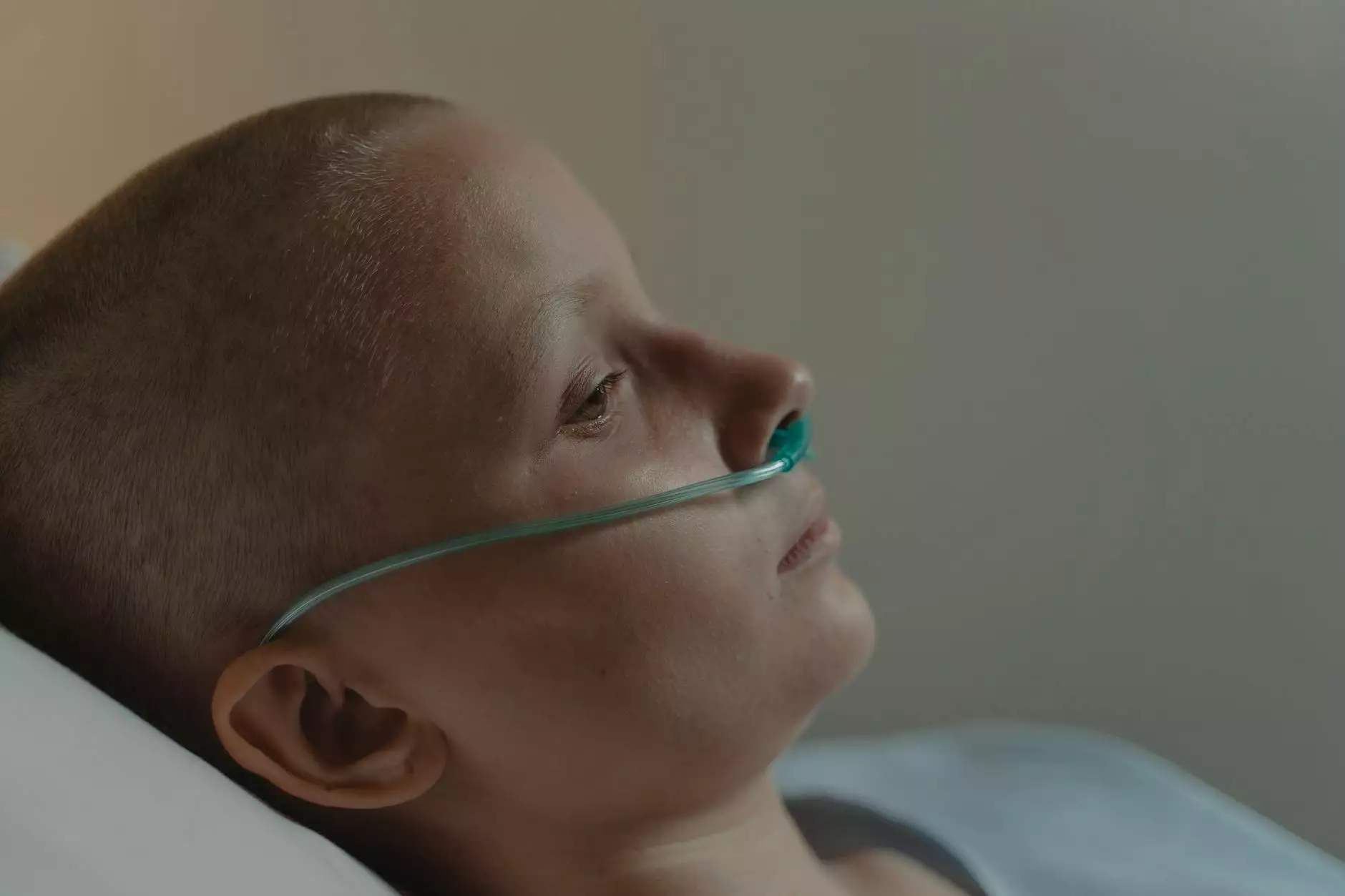Specialized Care at a Leading Lung Cancer Hospital

Understanding Lung Cancer
Lung cancer is one of the most prevalent types of cancer worldwide and is a leading cause of cancer-related deaths. It is crucial to understand the disease's characteristics, types, and risk factors to facilitate early detection and effective treatment. Patients diagnosed with lung cancer may encounter numerous challenges, but a specialized lung cancer hospital can provide the necessary support and advanced treatment options to navigate through this difficult journey.
Types of Lung Cancer
Lung cancer primarily falls into two categories:
- Non-Small Cell Lung Cancer (NSCLC): This is the most common form, accounting for about 85% of cases. NSCLC is further divided into subtypes, including adenocarcinoma, squamous cell carcinoma, and large cell carcinoma.
- Small Cell Lung Cancer (SCLC): This type is less common but tends to spread more aggressively. It is often associated with a history of smoking and requires prompt treatment.
Importance of Specialized Treatment Centers
Patients seeking care in a lung cancer hospital benefit from a multidisciplinary approach that brings together a team of healthcare professionals, including:
- Oncologists: Specialize in cancer treatment and oversee patient care plans.
- Surgeons: Perform necessary surgeries to remove tumors or affected lung tissue.
- Radiologists: Utilize imaging technologies for accurate diagnosis and treatment planning.
- Pathologists: Analyze tissue samples to provide accurate diagnoses.
- Nurses and Care Coordinators: Offer invaluable support, education, and emotional care to patients and their families.
Advanced Treatment Options
A reputable lung cancer hospital is equipped with state-of-the-art facilities and technology that enable patients to receive cutting-edge treatments, including:
- Surgery: Depending on the stage of cancer, surgical procedures such as lobectomy, pneumonectomy, or wedge resection may be performed to remove tumors.
- Chemotherapy: Often recommended for both NSCLC and SCLC to eliminate cancer cells, chemotherapy can be administered as neoadjuvant (before surgery) or adjuvant (after surgery) treatment.
- Radiation Therapy: This includes external beam radiation or stereotactic body radiotherapy (SBRT) to target and kill cancer cells while minimizing damage to surrounding healthy tissue.
- Targeted Therapy: Innovative treatments that focus on specific molecular targets associated with cancer. This option is particularly beneficial for patients with specific genetic mutations.
- Immunotherapy: A newer addition to lung cancer treatment, immunotherapy trains the immune system to recognize and fight cancer cells more effectively.
Support Services at a Lung Cancer Hospital
Besides medical treatment, a comprehensive lung cancer hospital offers various support services to help patients cope with their diagnosis, including:
- Nutritional Counseling: Patients receive guidance on maintaining a balanced diet to support their treatment plans.
- Psychosocial Support: Counseling services and support groups offer emotional assistance to both patients and families.
- Palliative Care: Focused on improving the quality of life for patients by managing symptoms and providing comprehensive support.
- Patient Education: Clinics regularly organize workshops and provide resources to educate patients about their condition and treatment options.
Finding the Right Lung Cancer Hospital
Choosing the right facility for lung cancer treatment is crucial. Here are some factors to consider when selecting a lung cancer hospital:
- Accreditation and Certification: Ensure that the hospital is accredited by relevant health organizations, which signifies compliance with high medical standards.
- Expertise of the Medical Team: Research the qualifications and experience of the medical professionals, including oncologists and surgeons specializing in lung cancer.
- Available Treatment Options: Verify that the hospital offers the latest treatments, clinical trials, and supportive services.
- Patient Reviews and Testimonials: Look for real patient experiences and feedback to gauge the quality of care provided.
- Location and Accessibility: Consider the hospital's location and whether it is convenient for regular visits and follow-up treatments.
Conclusion
Receiving a lung cancer diagnosis can be overwhelming, but with the right support and treatment from a specialized lung cancer hospital, patients can navigate their treatment journey more effectively. The combination of advanced medical care, a multidisciplinary team, and comprehensive support services ensures that patients are not just treated but cared for holistically. If you or a loved one is facing this diagnosis, reaching out to a dedicated lung cancer center, like Neumark Surgery, can provide the compassionate care and expertise needed during this challenging time.
© 2023 Neumark Surgery. All rights reserved.









